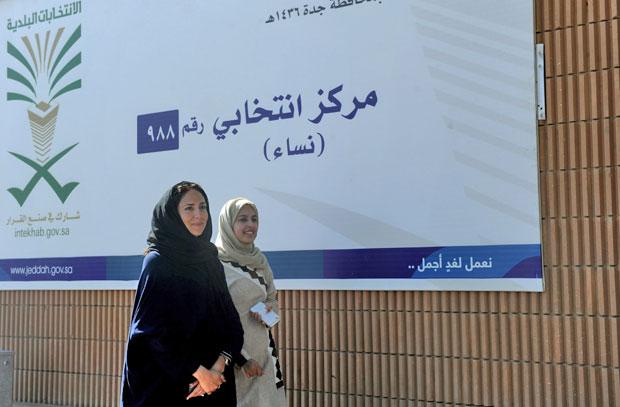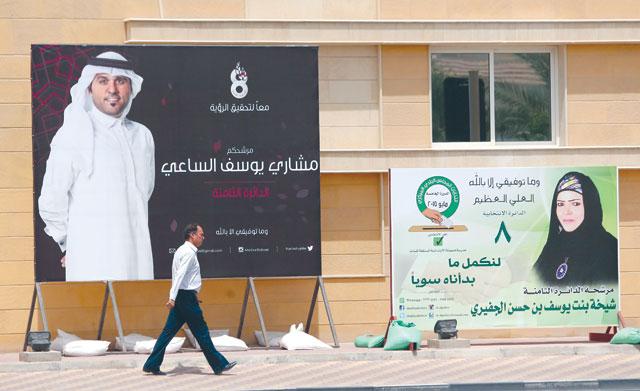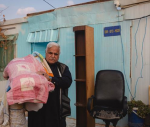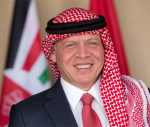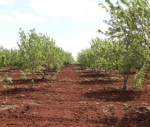You are here
‘Proud’ women win seats in historic Saudi vote
By AFP - Dec 13,2015 - Last updated at Dec 13,2015
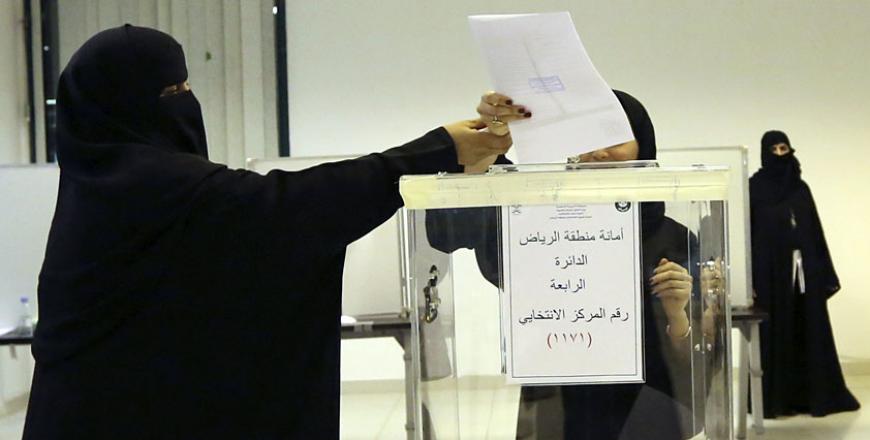
Saudi women vote at a polling centre during municipal elections in Riyadh, Saudi Arabia, on Saturday (AP photo)
RIYADH — At least nine women won municipal council seats in Saudi Arabia's first ever election open to female voters and candidates, officials said Sunday, in a milestone for the kingdom.
"Even if it was only one woman, we're really proud of that. Honestly, we weren't expecting anyone to win," said Sahar Hassan Nasief, a women's rights activist in the Red Sea city of Jeddah.
But with 2,106 seats up for election, the nine women would comprise less than 1 per cent of Saudi Arabia's elected council membership.
"We need more than nine," said Aljazi Al Hossaini, who was defeated in Diriyah on the edge of Riyadh, where three women won seats, according to Saudi news channel Al Ekhbaria.
She hoped women would be included among the one third of council seats which are appointed by the municipal affairs ministry.
In the first announcement of a woman winner, Salma Bint Hizab Al Oteibi was elected in the holy city of Mecca, the official SPA news agency reported.
Another woman, Hanouf Bint Mufrih Bin Ayid Al Hazmi, won in the northwestern region of Jawf, SPA said, adding that neighbouring Tabuk elected two women.
In the kingdom's east, Sanna Abdel Latif Hamam and Maasooma Abdel Mohsen Al Rida were elected in Ihsa province, it added.
The duties of municipal councils are limited to local affairs including responsibility for streets, public gardens and garbage collection.
Saudi Arabia has some of the world's tightest restrictions on women, including a ban on driving.
It was the last country to allow only men to vote, and polling stations were segregated during the ballot.
More than 900 women were among the 6,440 candidates running for seats on 284 councils.
They had to overcome a number of obstacles to participate in the landmark poll.
Female candidates could not meet face-to-face with male voters during campaigning, while neither men nor women could publish their pictures.
Women voters said registration was hindered by factors including bureaucratic obstacles and a lack of transportation.
As a result, women accounted for less than 10 per cent of registered voters.
According to election commission data, nearly 1.5 million people aged 18 and above signed up for the polls.
This included about 119,000 women, out of a total native Saudi population of almost 21 million.
At least two parts of the country reported a female turnout of around 80 per cent, according to official data.
In the mountainous Baha region, female turnout was around 82 per cent while about half the registered male voters cast ballots, data showed.
In neighbouring Asir, turnout was about 79 per cent for women and 52 per cent for men.
Female candidates expressed pride in running, even if they didn't think they would win, while women voters said they were happy at finally being able to do something they had only seen on television or in movies.
Nassima Al Sadah, an activist in the eastern city of Qatif, said the voting process itself took place relatively smoothly, unlike the registration.
Many female candidates used social media to campaign, but a handful of others, including women's rights activists, were disqualified from the process.
Oil-rich Saudi Arabia boasts modern infrastructure of highways, skyscrapers and ever-more shopping malls.
But women still require permission from male family members to travel, work or marry.
A slow expansion of women's rights began under King Salman's predecessor King Abdullah who announced four years ago that women would take part in the 2015 municipal elections.
Men have voted since 2005 in the local polls.
Related Articles
RIYADH — Saudi women voted Saturday for the first time, in a tentative step towards easing sex discrimination in the kingdom.In another firs
AMMAN — Women’s rights activists on Thursday said that the disappointing results for women candidates in the parliamentary elections was exp
Qataris will have a rare chance to vote Wednesday as they choose candidates to sit on the country's only directly elected body, with calls growing to ensure more women are selected.


